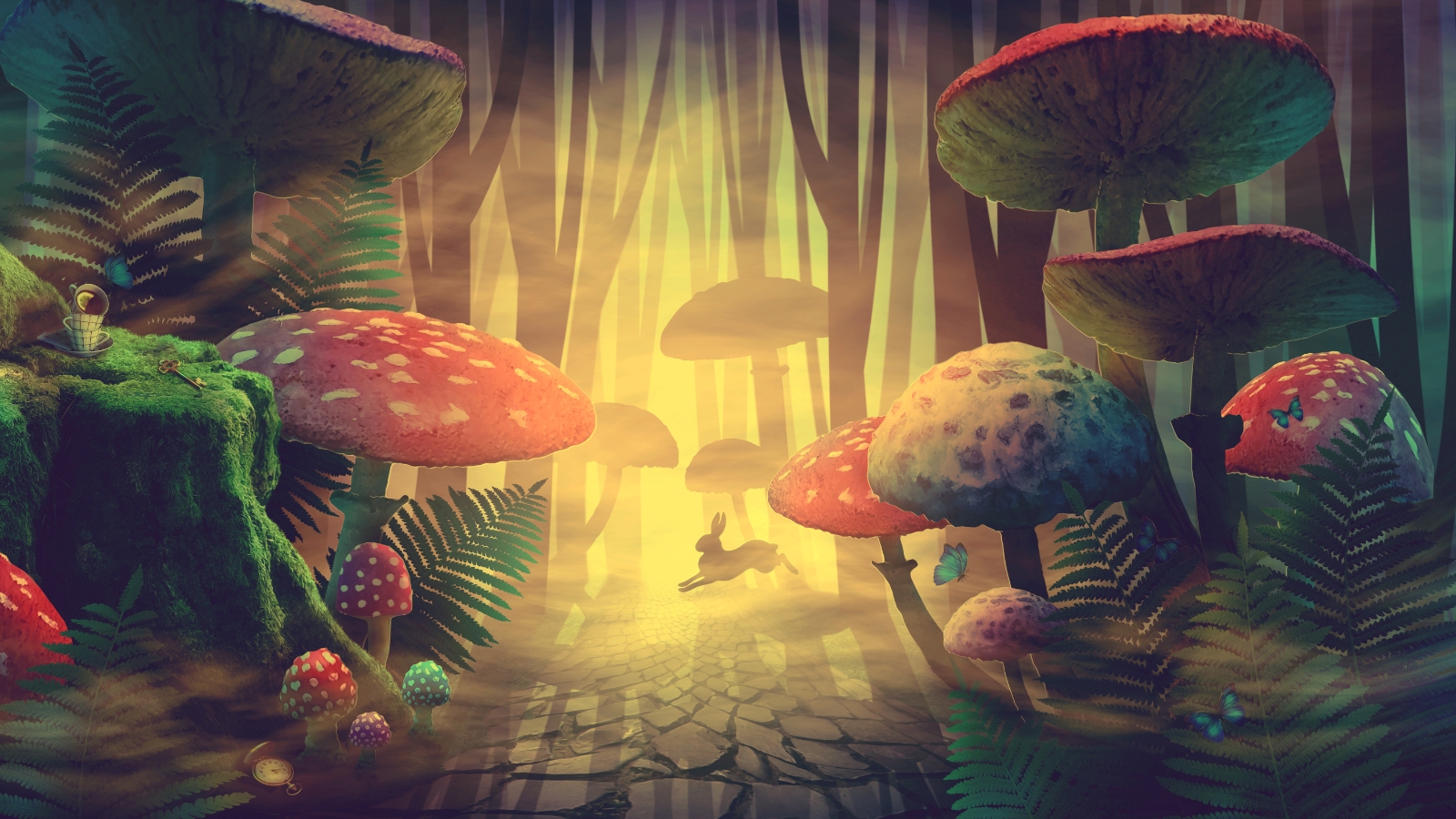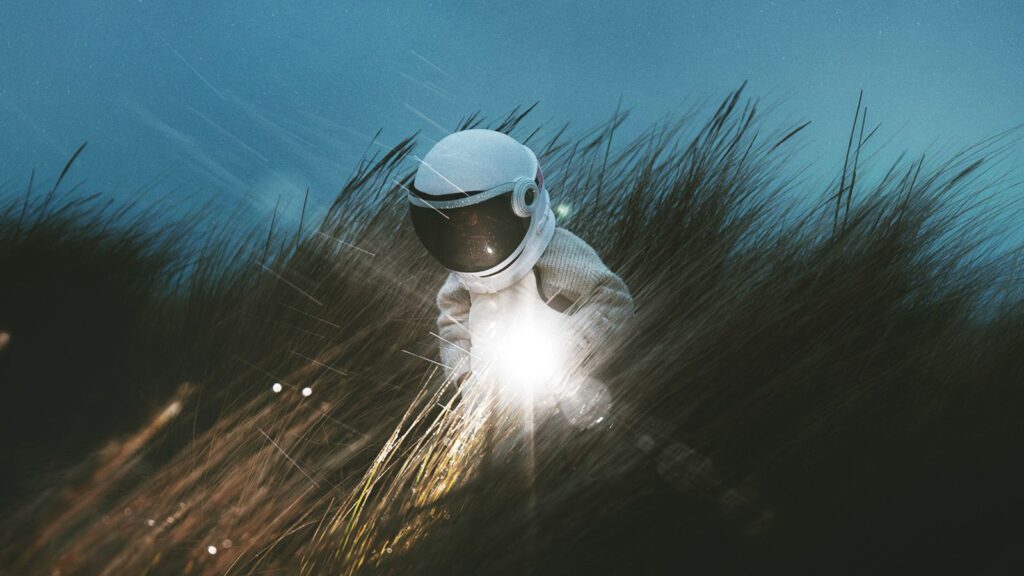In addition to bringing a source of curiosity and fun, the increased interest in psychoactive substances also brought significant changes in social and personal transformation. Psychedelic drugs like LSD, psilocybin, or ayahuasca bring much more than the function of altering consciousness temporarily. These bring many, a tool and deep mirror for introspective insight, and thus provide the tool for potential long-term change.
But after the trip ends and the effects wear off, reentry into society and its structures, daily routines, old relationships, and behavioral patterns, and even the simplest activities like having a small talk with your neighbor, can become painful and awkward occurrences. How does one navigate this transition, merging cosmic insights with the physical realm?
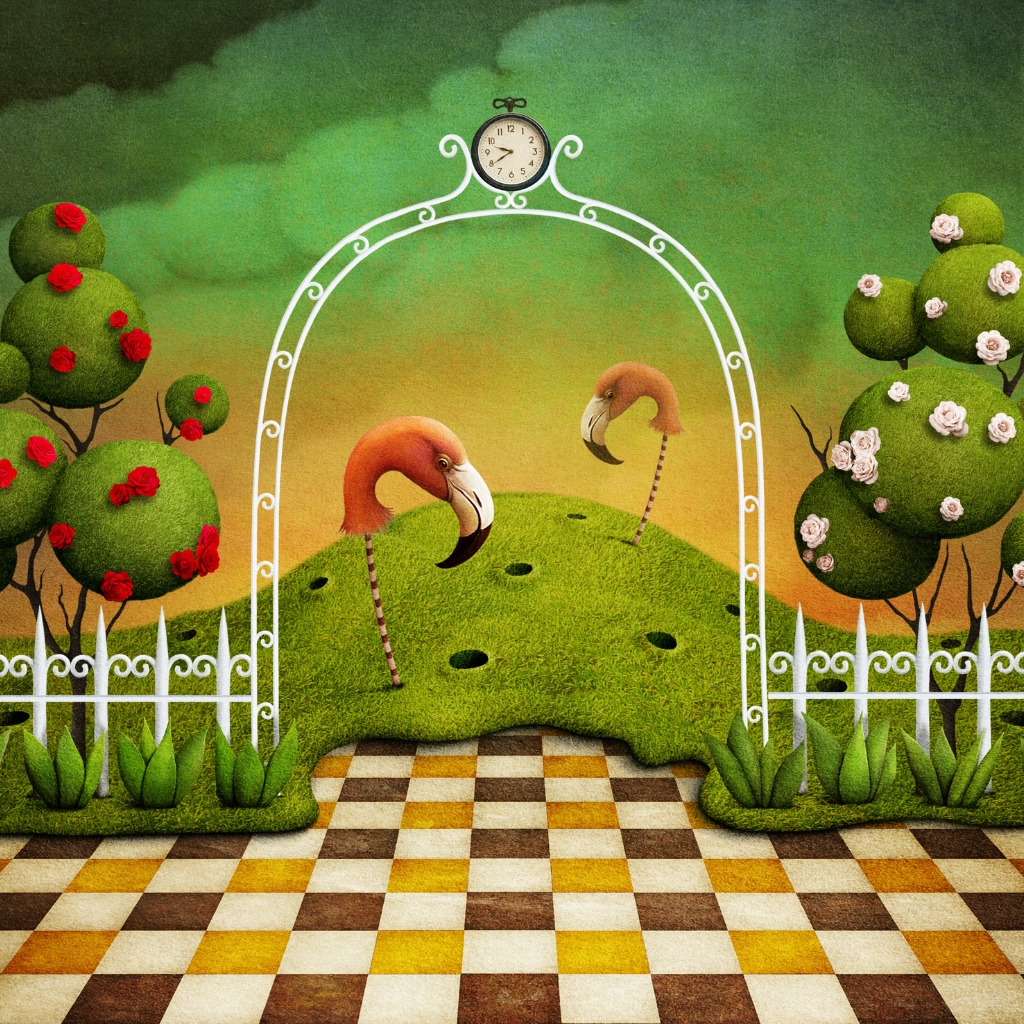
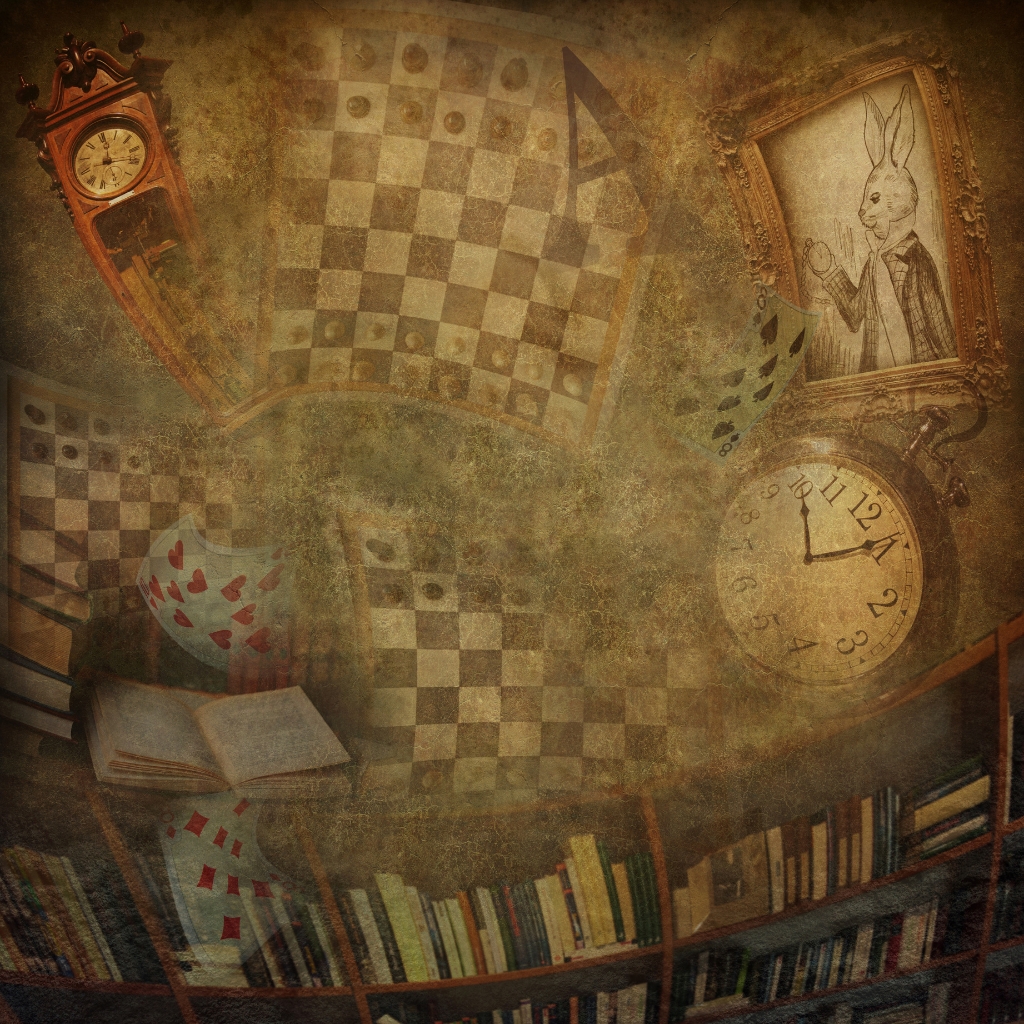
The Profound Psychedelic Journey
Psychedelics have the potential to induce deep spiritual and mystical experiences that, often described as more real than reality itself. People report seeing entities like mythological figures, ancient spirits, otherworldly beings with immense powers and intelligence. They experience the dissolution of the ego, and a profound sense of interconnectedness with all of existence.
Incredible Events and Profound Experiences
People report seeing bright colors in geometric patterns that are not present when the influence of psychedelics wears off. People report time distortion to such an extent that they perceive they have lived several timelines. Some can even feel intense synesthesia, a state of sensory distortion in which you can smell colors, taste music, or hear shapes.
One of the most profound experiences reported is regarded as an out-of-body experience where one can see oneself from outside of one’s body. Others report revisiting old memories as if they are happening right now. The most common profound journey would be described as experiencing the state in which they are one with everything and feel boundless love towards all living beings. Some have experienced a sense of hyper connectedness of ideas, concepts that usually could not be seemingly connected in the real world. Some even reported entering vast empty spaces that are regarded as voids.
As much as these experiences spark curiosity and sound like a fun thing to do on the weekends, they can potentially leave a profound impression, thus leading to inability to come back to where you were before the trip.
This makes sense. Imagine on Sunday you are in a void talking to Zeus. You don’t know your name because you feel like you have become Zeus. All that while experiencing synesthesia and tasting the colors he emits. You are engaging in a telepathic communication about the essence of existence.
Then comes Monday, and you are expected to come back to your job where you have to engage with the clients asking them: How can I assist you today? It would be very challenging shifting from existential conversations with Zeus to trying to meet client’s demands.

Pain of Coming Back to Reality
The high contrast between the psychedelic journey and everyday life leaves a ripple due to its multi-layered nature. It involves emotional, social, and psychological aspects of one’s identity. It makes us question our own senses and nature of existence. There are several points of pain that could be identified, but the following are the most common points of pain when people come back to reality after a profound trip and they can be very individual and colored by your own life narratives.
Shift in Perception
While on a psychedelic journey, it may feel that our senses work outside of known laws of physics. Once we come back to reality and the trip wears off, we can feel restricted and this reality can even become oppressive which can be disorienting.
Unconditional Love and Connection
Once we have felt that unconditional love and connectedness with all the things around us, coming back to society can feel isolating and cold. One can feel alienated from that abundance of vast love.
Communicating the Ineffable
When you try to explain your journey, no matter how hard you try, others cannot fully grasp it since it was uniquely personal perception and constrained by the language capabilities. This can make one feel frustrated when attempting to share these insights knowing that there is no way to convey it fully.
Priorities and Values
Psychedelic experiences can make us reevaluate our priorities in life and values we have created. What was once important may now seem trivial, and vice versa. For instance, if you previously loved branded clothes because of their status, you might find yourself enjoying comfortable clothes because they make you feel relaxed.
Unchanged Environments
Having gone through all this speed up learnings might leave you feeling like a changed person. But you come back to the external environment being unchanged; people around you have not seen the edge of the Universe and back in a few hours. Coming back to a static environment can create distortion and can make you feel unsatisfied.
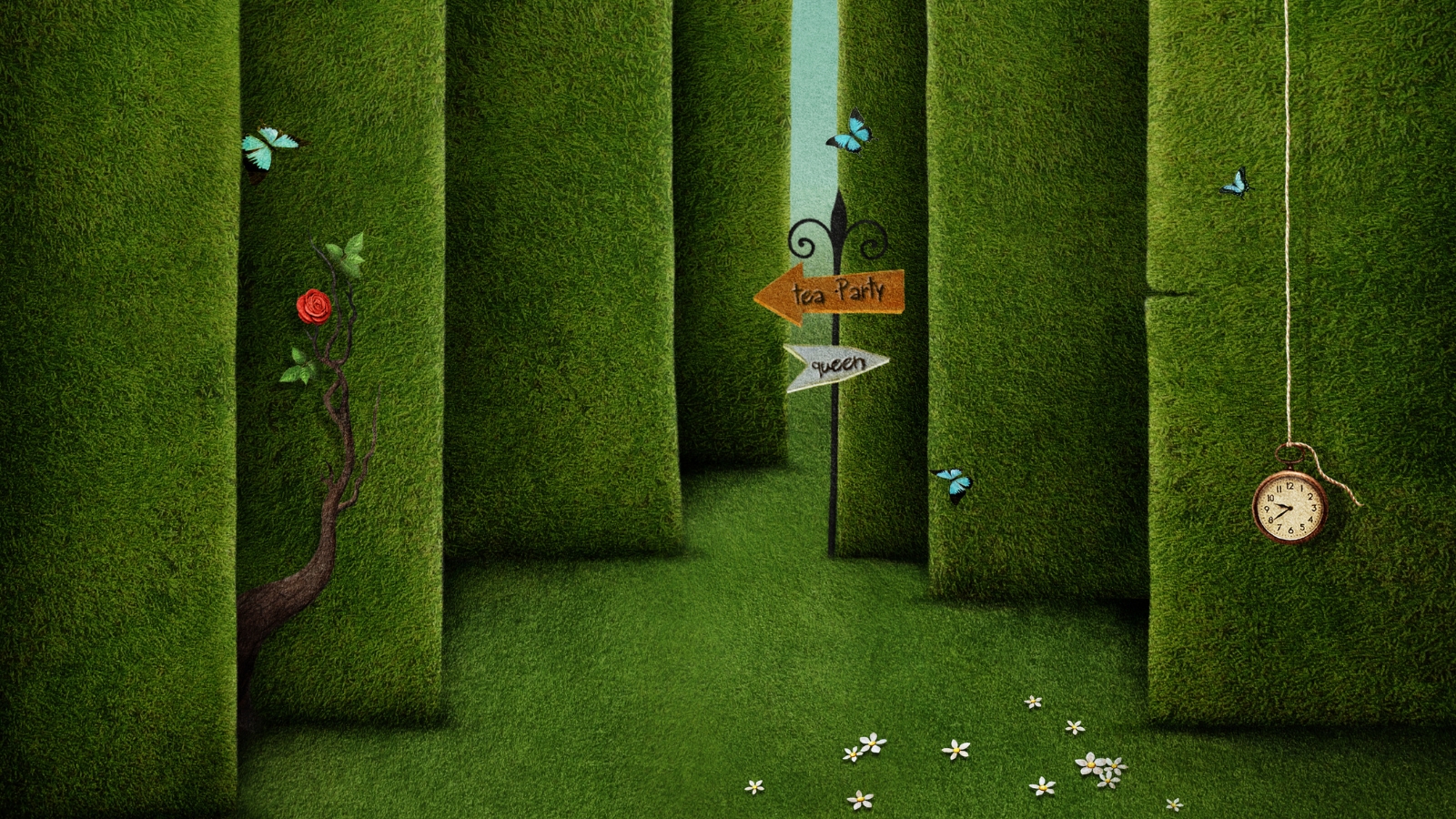
Strategies for Reintegration
Coming back to reality is a process that can be done with intentionality and support so that this friction between your experience and static environment can be minimized. Here are several strategies that have proven helpful:
- Integration Therapy: Integration is key. Working with a therapist—whether your current therapist or a specialized psychedelic integration therapist—can help you process your experience and make sense of your psychedelic journey. This process can help you apply the insights from your psychedelic journey into your daily life in a way that benefits you.
- Community Support: Think about engaging with groups that value psychedelic journeys. They will be able to grasp and understand what you are going through since they are in a similar situation. This will give you a sense of belonging and a safe space to express yourself without feeling judged.
- Creative Expression: Some experiences cannot be expressed in words, and that is why a good strategy would be to resort to creative expressions like painting, writing, or music. This will allow you to express things in a much more complex way than just with words. This can also be part of the integration process.
- Mindfulness and Meditation: These practices can help you remain connected to those deep insights gathered on your experience thus providing another framework for anchoring them into your daily life.
- Gradual Adjustment: Give yourself time after the journey to adjust to the new you and process the experience in a way that will bring positive changes to your life. This adjustment will reduce the risk of alienation and ease the transition into your old relationships.
Most importantly, do not discount the process of integration. It can feel like peeling back the layers of an onion, and for some people, this process can take weeks or even months.

The Societal Shift
Understanding the importance of the reintegration process is becoming increasingly important as society starts to realize the therapeutic potential of psychedelics. This includes cultural acceptance of these substances’ transformative potential in addition to legal and medical frameworks. Demystifying psychedelic experiences and promoting a more inclusive approach to post-journey integration can be greatly aided by education and candid discussion.
After a deep psychedelic experience, reintegrating into society is not only a journey back, but also a forward march towards a life that combines the depths of the psychedelic realm with the realities of daily life. It’s a journey that carries the cosmic into the commonplace and the indescribable into the comprehensible, perhaps changing the person as well.
